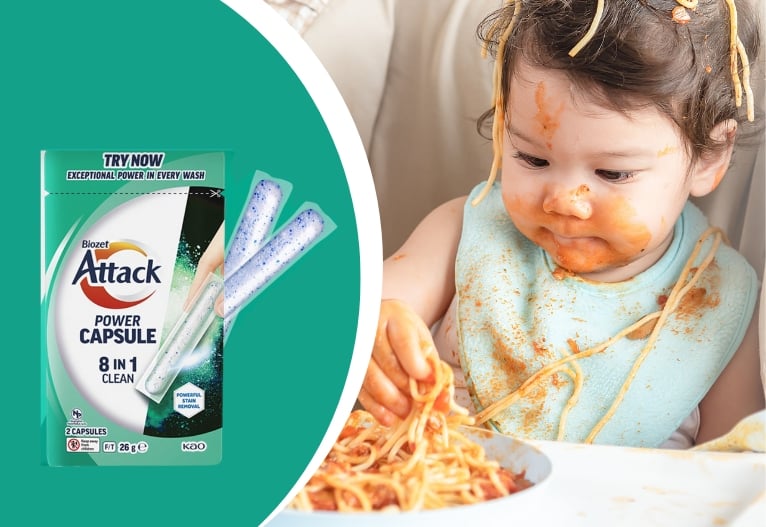My adult children came home last night for a family dinner and one of them was very depressed. He was trying to hide it but it was there in his eyes and in his posture.
He is normally so self-assured and confident, however, last night he seemed beaten down. That is one of the hardest things for a parent to see in their children. Not knowing for sure the reason for his state of mind is disconcerting but when that child is an adult and moved out of the home it becomes important that you do not step in and interfere, so what is a parent to do?
Here are some simple solutions that will help to lift them up and create a trusting bond between adult children and parents.
1. Keep telling them how much you love them
Keep doing so in every way possible. If you are an affectionate family, give that extra squeeze when you hug them. Tell them in actual words. Go out of your way to do the little things you know this child loves. If they like words of affirmation, praise them a lot, if they like gifts, buy them something extra little. If their love language is physical touch, ensure you are close by to hold them, hug them or give an extra pat on the back.
2. Show them how proud you are of them
Ensure you not only show them but tell them as well. Offering words of praise for things you see them doing well in their adult lives. All humans love acknowledgment and your adult children are no exception. In fact, they will want to hear it from their parents more than anyone else in their lives if they are feeling down. They might be feeling like a failure because they are not doing what they want or they might be in a relationship that might be tough and/or abusive.
They will need even more encouragement than normal to help them know they are worthy enough to strive for better.
3. Ensure that they know you are aware of their pain
Parents are not mind-readers; however, we do know our children pretty well. Chances are you do know the source of the problem even if you don’t have the details. Let your child know you are aware there is a problem but do not tell them you have a clue what it is. Be vague so they do not feel like you are intruding. Give them the opportunity to come to you and explain if they want to, but don’t push this. When they know you are not judging them and they are aware that you still love them and think they are wonderful human beings regardless of what is going on in their lives, they will probably open up to you. By forcing the issue, you will be stepping on their independence to work this out the way they want to, even if that does mean without asking your advice.
4. If you ask questions, do not ask ones that will cause embarrassment or bring more pain
Any questions you ask should allow them to know you are aware that something is wrong, but do not give it away that you might have an idea of what is wrong. Never ask questions in front of other that might embarrass them. Remember they are now grown adults and have a right to their complete privacy if they want. When you ask questions in private ensure they are loving, supporting questions such as, “you know I love you and would do anything to help you, right?” That lets them know your love and your concern without putting any pressure on them.
Being the type of parent where you let your adult children be adults is difficult. We have a tendency to want to fix their problems for them but this is not wisdom nor is it allowing them to live, learn and grow in what they need to learn. When we see them heading down the wrong path to that unhappiness, give a small word of caution, but do not harp on it.
If we can hold our tongues and wait until they come to talk to us about it, we have a better chance of them listening to what we have to say. Give your child the same chance you had and that is to learn some things in life by their mistakes, but be there to help when they come to you and ask.
Do not force yourself, your opinions or your standards on them.
Do you have any helpful tips to add to this? Please share in the comments below.
We may get commissions for purchases made using links in this post. Learn more.























-

-
-
-
ella12 said
- 26 Jul 2016
-

-
-
-
mom101628 said
- 15 Jul 2016
-

-
-
-
meedee said
- 15 Jul 2016
-

-
-
-
june11 said
- 03 Jul 2016
-

-
-
-
mom134803 said
- 25 Jun 2016

-

-
-
-
mom19782016 said
- 19 Jun 2016
-

-
-
-
mum4107 said
- 17 Jun 2016
-

-
-
-
BellaB said
- 16 Jun 2016
-

-
-
-
mom90758 said
- 16 Jun 2016
-

-
-
-
mom160421 said
- 16 Jun 2016
Post a comment3:25 pm
10:46 pm
-

-
-
-
mom134803 replied
- 16 Jul 2016 , 3:44 am

Reply8:14 pm
-

-
-
-
LyndaHarlos replied
- 16 Jul 2016 , 10:05 pm
Reply4:16 pm
-

-
-
-
LyndaHarlos replied
- 04 Jul 2016 , 12:30 am
Reply3:09 am
2:11 pm
-

-
-
-
LyndaHarlos replied
- 19 Jun 2016 , 11:21 pm
Reply5:52 am
-

-
-
-
LyndaHarlos replied
- 17 Jun 2016 , 10:24 pm
Reply9:29 pm
1:40 pm
11:54 am
-

-
-
-
LyndaHarlos replied
- 16 Jun 2016 , 8:52 pm
ReplyTo post a review/comment please join us or login so we can allocate your points.